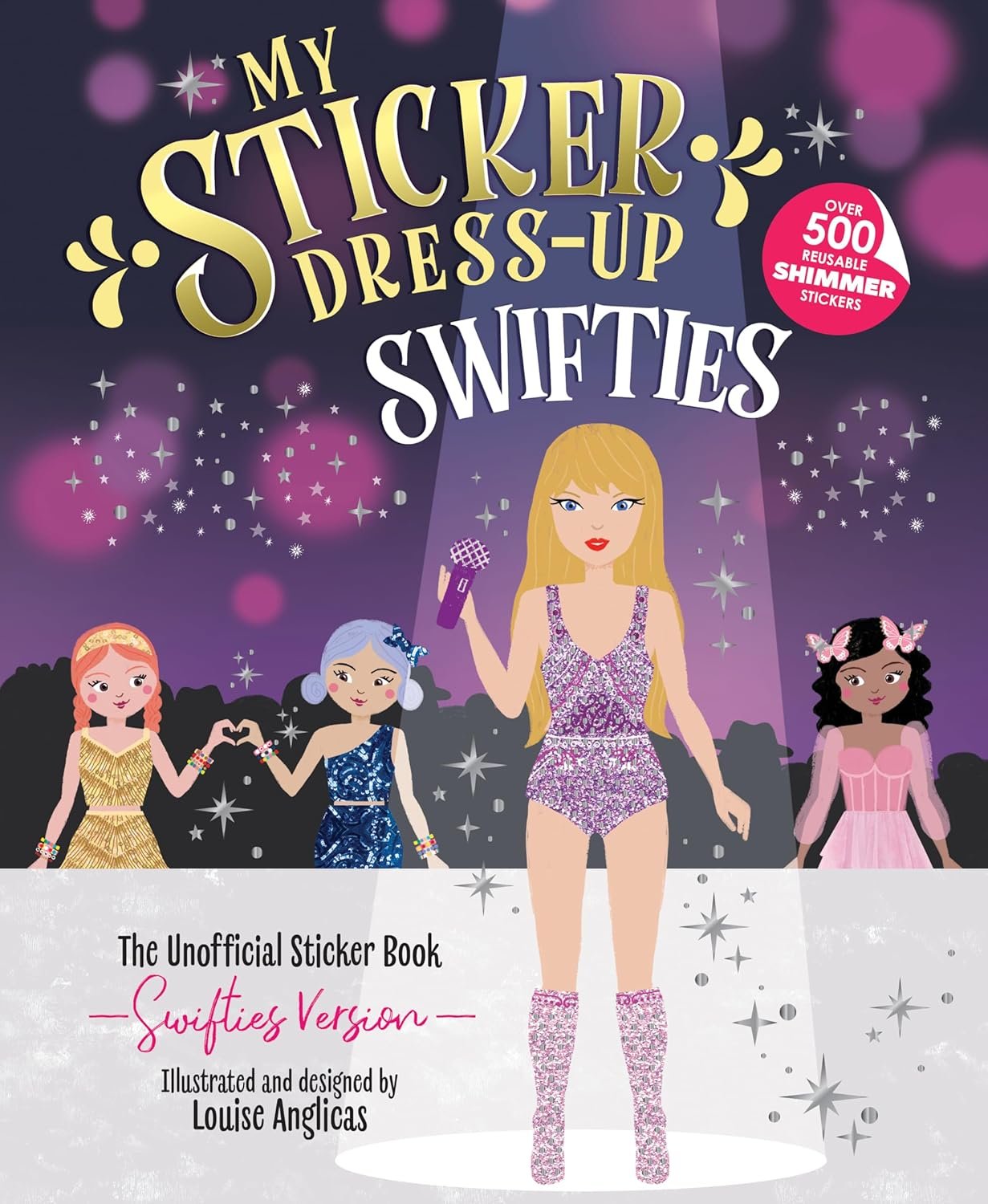Nasir leaned against the smooth door of the room Aya had given him. It was ample space with rich decor, but the bed was simple and neat, lit by the moon streaming from the open window. He hadn’t realized how long he’d spent in close quarters with the others—cramped ship cabins excluded— until Aya had closed the door behind him and the air quivered with his breathing alone.
He undressed and folded his clothes before stepping into the tub with its lazy wafts of steam. As always, scrubbing himself clean reminded him of everything he hated about himself—the scars on his back, the wrongness of his life. There was another scar now, beside his collarbone, still slick from the salve Zafira had tended to him with. He leaned into the last of the bath’s warmth, remembering her fingers on his skin. The weight of her. The heat of her gaze unraveling him.
Her anguish now. The way her face fell when she understood the depths of his monstrosity, for he had done nothing to stop his father from harvesting the vapors that claimed her mother.
The clothes that had been left for him were his most garish: a deep burgundy qamis, dark robes edged in blue and silver. There was only one way these clothes could have gotten here, and he imagined Altair digging through his wardrobe, grinning like mad when he found this tucked in a corner. Nasir tugged the qamis over his head and hung his robes on the back of a chair. He straightened the books on the shelf and aligned the bowls on the table.
Standing here, so far from Sharr, so close to his father and the air still raw with Zafira’s pain, he felt lost. He didn’t know how to function without orders. How to act without being told.
Before he knew it, he was leaving his room, crossing the carpeted hall, and stopping before another door. He knocked once, softly.
It opened almost instantly.
Her hair was unbound, soft waves caressing her face. She looked younger this way, more vulnerable, and he was at once relieved to find she didn’t look at him with blame.
I’m sorry, he wanted to say. To make her understand.
How are you, he fought to ask, but was it callous to ask what the weight in her eyes already told him?
“I was about to bathe. What’s wrong?” she asked finally. It was a guarded question. The Jawarat was in her hand.
Nothing.
Everything.
“I didn’t mean it,” he breathed in a rush, as if his heart had decided it had listened to his stubborn brain long enough.
Selfish idiot. She was mourning and he could only think of himself, but he was tired. So daama tired of the vines those words had twisted between them.
She tilted her head, curious gazelle that she was. “Didn’t mean what?”
He tried but failed to stop the shadows leaching from his fingers. How was it that words were impossible, when drawing a blade and ending someone’s life wasn’t?
Because words cut deeper than swords.
He took a slow breath and lifted a hand to the back of his neck. Dropped it.
“What I said on Sharr. That it—that it meant nothing.” It was only after he spoke that he could look at her again.
In time to see her eyes drift to his mouth, to the burgundy linen of his qamis and back up again.
“What did it mean, then?”
Everything, he wanted to say, but there was a cloth in his mouth, woven from fear and suppression.
He’d been a fool to say what he’d said, he knew. He had closed the distance between them to stop her destructive path, to bring her to her senses, to distract her. He’d never expected to feel so much, to want so deeply, and that flood of emotion had terrified him.
She made a sound in the back of her throat when he said nothing, her disappointment damning, and then she was closing the door, bit by bit, as if waiting for him to put out his hand and stop her.
He was the crown prince, born to lead but forced to follow, follow, follow all his life.
And so he did nothing.





